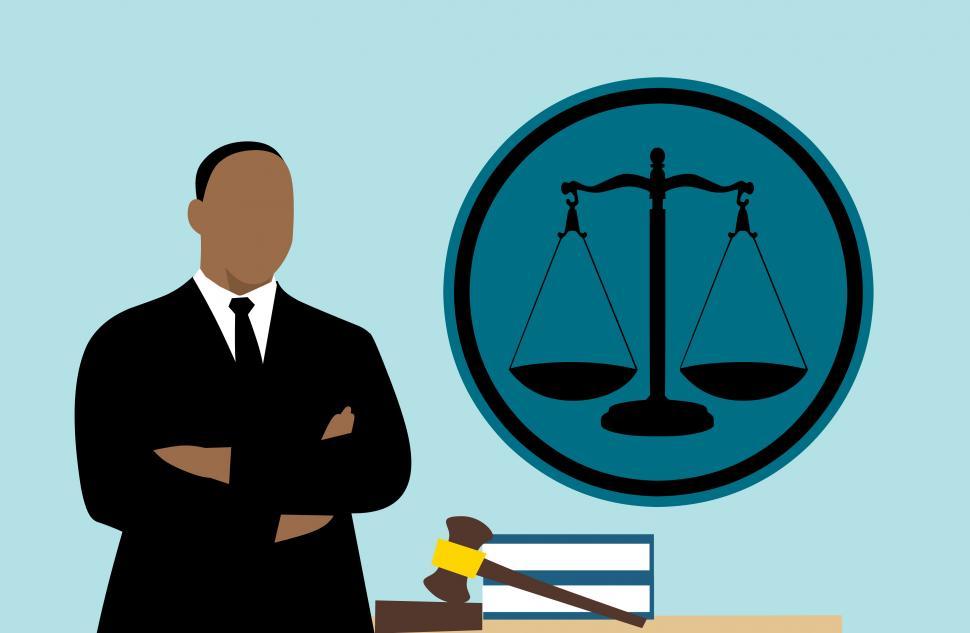Within the challenging world of law, legal ethics form the foundation of every attorney's practice. Upholding honesty, confidentiality, and justice is not just a professional obligation; it is fundamental to upholding trust within the legal system. Every lawyer must navigate a variety of ethical considerations and responsibilities that directly impact their clients and the broader community. As legal professionals, their commitment to ethical standards defines not only their practice but also affects public perception of the legal profession as a whole.
For anyone searching for legal advocacy or advice, understanding these ethical principles can equip them in making informed decisions. Recognizing when to hire an attorney, what to anticipate during legal consultations, and how to identify potential legal issues are crucial for safeguarding one's rights. Additionally, with the constantly changing landscape of law—especially with new regulations and the rise of technology—it's imperative for both lawyers and clients to continue educated about their legal rights, responsibilities, and the ethical conduct that should direct every interaction in the legal arena.
Essential Legal Tips
Understanding the juridical landscape is essential for taking educated choices. One of the initial pieces of advice all individuals should keep in mind is to always request legal counsel when you're unsure about a case. No matter if it's a document you don't grasp or a potential conflict, conferring with an attorney early can stop further troubles down the line. A reliable guideline is to keep in mind that not all legal matters can be resolved without expert help.
A further vital piece of advice is to keep thorough documentation of any legal concerns you encounter. This includes retaining duplicates of documents, letters, and any relevant evidence. Proper documentation can greatly strengthen your stance if you find yourself in a dispute or facing litigation. Being organized can also help your lawyer work more effectively on your case.
In conclusion, it’s important to inform yourself about your entitlements. Familiarize yourself with legislation that pertain to your case, no matter if you’re handling with work-related matters, domestic issues, or any other law-related topic. Understanding your rights can strengthen you and provide increased confidence when engaging with legal experts, making sure you represent competently for your position.
Understanding Lawyer Representation
Attorney representation is crucial for tackling the complexities of the law system. When confronting a legal matter, whether personal or professional, an attorney's expertise can make a huge difference in the outcome of a trial. They grasp the law, procedure, and subtleties that non-professionals may not be equipped to handle. From personal injury cases to criminal defense, the right lawyer can provide insight and assistance, ensuring that clients are well-informed about their entitlements and possibilities.
When planning on engaging an attorney, it is essential to evaluate their background in your notable legal matter. https://anotepad.com/notes/2kw7w6ms of law require in-depth understanding, and picking a lawyer who is skilled in your area of need can impact your chances of winning. Poor legal representation can lead to financially detrimental mistakes and lost possibilities. Therefore, it is prudent to carry out thorough inquiries, seek recommendations, and assess qualifications before deciding.
During your initial legal consultation, clear conversation is vital. This is the moment to address your circumstance honestly and provide your attorney with all relevant facts. A competent attorney will pay close attention, seek clarifications, and draft potential plans. Understanding what to expect from this first appointment can assist you feel more prepared and at ease. Keep in mind, establishing a rapport with your lawyer is crucial, as it builds trust and supports in formulating a robust legal plan.
Current Judicial Movements
The law landscape is always evolving, influenced by changes in social standards, tech advancements, and government regulations. One notable movement is the growing importance of technology in law practices. From the utilization of artificial intelligence for legal investigation to the integration of remote consultations, legal professionals are finding creative ways to improve productivity and client support. As law firms accept these developments, they also address the moral implications surrounding information protection and client secrecy.
Another important trend is the growing focus on social justice and fairness within the legal profession. Attorneys are becoming more engaged in advocating work, championing issues such as criminal justice reform, employee rights, and consumer protection. This shift reflects a wider societal call for responsibility and representation, prompting many law professionals to get involved directly with local issues and take on free cases that are consistent with their principles.

Lastly, the effect of remote work and changing employment conditions has prompted a reassessment of legal entitlements and responsibilities. As more individuals work from home, the legal consequences of employer policies are under scrutiny, especially concerning worker rights, workplace safety, and IP protection. Law firms must adapt to these developments, offering guidance on navigating the new legal conditions that arise from telecommuting work environments and making sure that both businesses and workers are informed of their rights.
